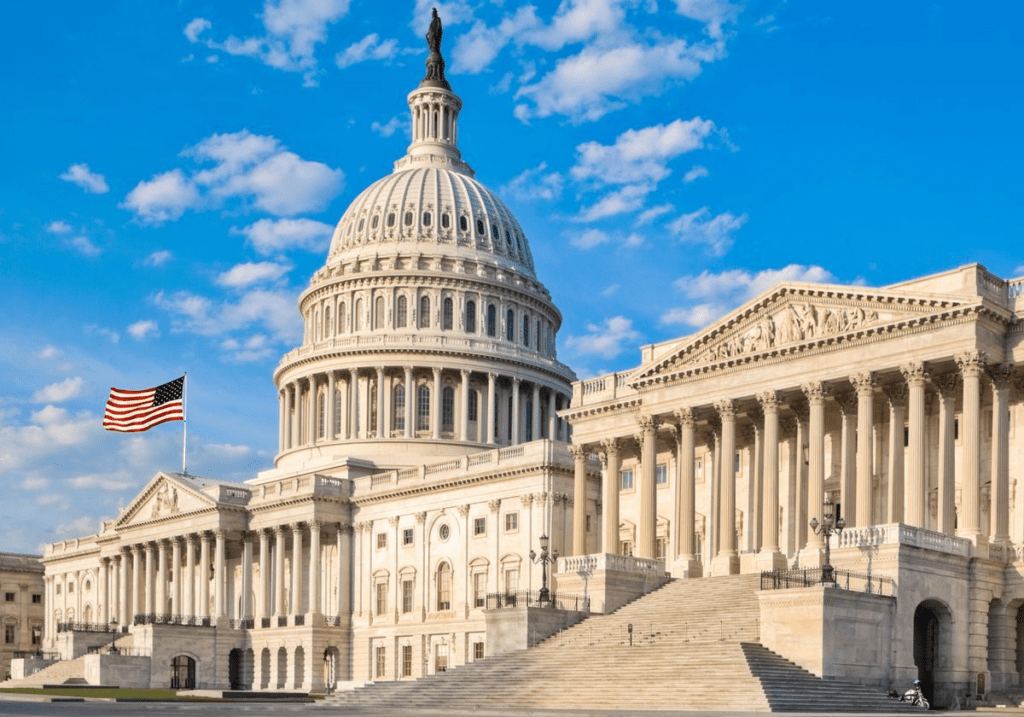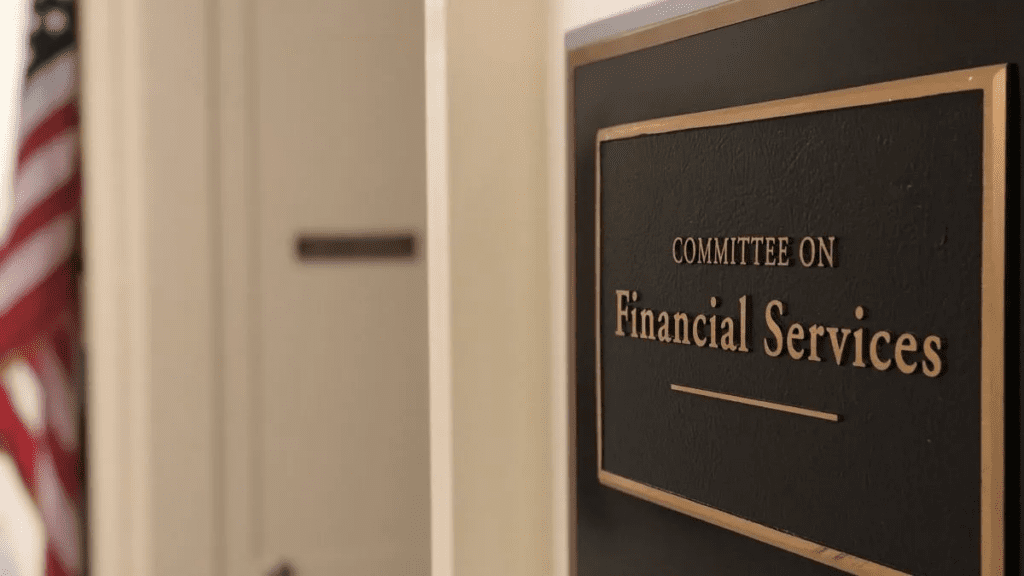U.S. Senate Passes 2024 NDAA With Stricter Crypto Regulations And Oversight
Key Points:
- U.S. Senate passes 2024 NDAA with tighter crypto regulations.
- The bipartisan amendment targets crypto trading oversight and anonymous assets.
- Bill requires Treasury examination standards for crypto and study on combating anonymous transactions.
The U.S. Senate successfully passed the 2024 National Defense Authorization Act (NDAA), a significant milestone that included a provision aimed at enhancing oversight over financial institutions involved in cryptocurrency trading, Reuters reported.

Additionally, the legislation targeted crypto mixers and “anonymity-enhancing” crypto assets, making it one of the most substantial congressional actions taken to date concerning digital assets.
This amendment was introduced by a bipartisan group of U.S. Senators, including Kirsten Gillibrand, Cynthia Lummis, Elizabeth Warren, and Roger Marshall. In a joint press release, the senators emphasized the importance of this move in regulating the crypto landscape and combating illicit finance activities.
The Senate’s approval of the NDAA, by a notable 86-11 vote, authorized a topline figure of $886 billion for fiscal year 2024, a total amount agreed upon during the debt ceiling negotiations between the Biden administration and House Republicans.
Unlike previous years, the passage of the NDAA encountered minimal drama, as the Senate displayed a commitment to bipartisan cooperation. Senate Majority Leader Chuck Schumer consistently urged the chamber to expedite the legislative process in a collaborative manner.
The provisions included in the amendment were derived from the 2023 Lummis-Gillibrand Responsible Financial Innovation Act and Senator Warren’s and Senator Marshall’s Digital Asset Anti-Money Laundering Act, both introduced in 2022. The key aspects of the amendment required the Secretary of the Treasury to establish examination standards for crypto assets, enabling better risk assessment and ensuring compliance with anti-money laundering and sanctions laws. Additionally, the Treasury Department was mandated to conduct a study on combating anonymous crypto asset transactions, particularly focusing on the use of crypto mixers that can obscure fund origins.

Senator Lummis stressed the necessity of cracking down on illicit finance in the crypto industry to root out bad actors and prevent crypto assets from being exploited for evading sanctions and funding terrorism.
It is customary to add non-defense-related amendments to the NDAA. Notably, the Republican-controlled House passed its version of the bill by a narrow 219-210 majority, with some hard-right Republicans introducing amendments addressing social issues unrelated to defense, such as the repeal of a Pentagon policy related to service members’ abortion-related travel expenses.
In the same vein, the House Financial Services Committee approved the Financial Innovation and Technology for the 21st Century Act on July 26. The bill aims to establish clear guidelines and consumer protections for the cryptocurrency industry. Although the bill passed with a 35-15 vote, it faced strong opposition from several senior Democrats.

In a separate development, the House Agriculture Committee also advanced the Financial Innovation Technology for the 21st Century Act following the House Financial Services Committee’s approval. The bill seeks to create a comprehensive federal regulatory framework for cryptocurrencies within the United States.
DISCLAIMER: The information on this website is provided as general market commentary and does not constitute investment advice. We encourage you to do your own research before investing.






















